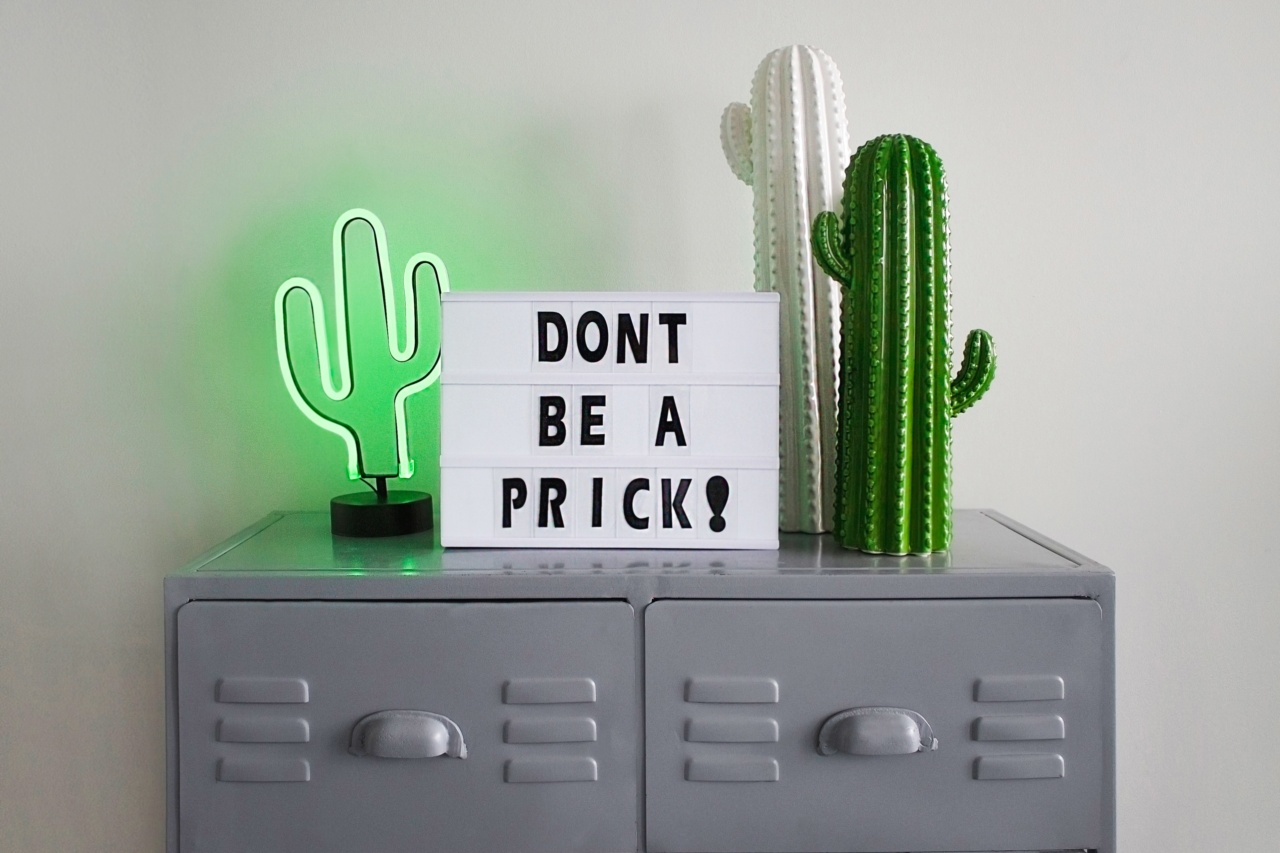Plastic has become an indispensable part of our lives. From food packaging to household items, plastic is everywhere. While it is convenient and cheap, it also poses a significant threat to our health and the environment.
In this article, we will explore the hidden dangers of plastic in our homes and what we can do to minimize its impact.
1. Harmful Chemicals in Plastic
Most plastic products contain chemicals such as Bisphenol A (BPA), Phthalates, and PVC, which can leach into our food, drinks, and the air we breathe.
BPA, for example, is a known endocrine disruptor that can interfere with our hormones and cause health problems such as obesity, diabetes, and cancer. It also has the potential to harm brain development in unborn or young children.
Phthalates are another group of chemicals commonly found in plastic products. Studies have linked phthalates to reproductive and developmental problems, asthma, and allergies.
PVC, which is used in plastic pipes, flooring, and shower curtains, contains dioxins, a highly toxic substance linked to cancer and other health issues.
2. Microplastics in Food and Water
Microplastics are tiny particles of plastic less than 5mm in size. They are found in many household items such as cosmetics, cleaning products, and synthetic fabrics. They also enter our water and food supply through pollution and contamination.
Studies have found microplastics in tap water, bottled water, and various seafood such as fish and shellfish. The long-term health effects of ingesting microplastics are not yet fully understood, but they may cause harm to our organs and immune system.
3. Plastic Waste and Pollution
The world produces about 300 million tons of plastic waste every year, and only 9% of that is recycled. The rest ends up in landfills, oceans, and other natural habitats, where it can harm wildlife and ecosystems.
Plastic waste can take hundreds of years to degrade, and when it does, it breaks down into smaller particles that can enter the food chain and accumulate in our bodies.
4. How to Minimize Plastic Use
Reducing your plastic use is not only good for your health but also for the environment. Here are some tips:.
- Avoid buying products packaged in plastic whenever possible. Choose alternatives such as glass, metal, paper, or cardboard.
- Bring your reusable bags, cups, and containers with you when shopping or dining out.
- Buy food in bulk and store it in glass jars or containers. Avoid pre-packaged and processed foods.
- Avoid using plastic wrap and plastic bags. Use beeswax wraps or reusable silicone wraps instead.
- Use natural cleaning products instead of those packaged in plastic.
- Choose clothing made from natural fibers such as cotton, wool, or linen instead of synthetic fabrics.
5. Conclusion
The hidden dangers of plastic in our homes are real, and we need to take action to protect our health and the environment. By reducing our plastic use and choosing alternatives, we can contribute to a healthier, more sustainable world.






























